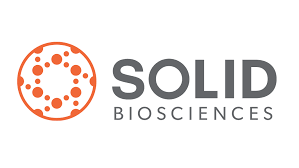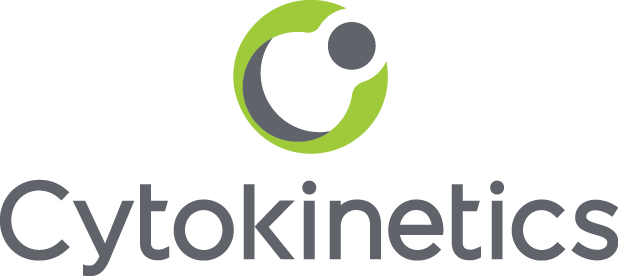What is DCM?
Dilated cardiomyopathy, or DCM, is a heart muscle disease. The result is reduced pumping function, an enlargement (dilation) of the left ventricle or both ventricles of the heart and, very frequently, the development of heart failure.
There are two main categories of causes for DCM:
- The first category is referred to as “primary causes”. This means that there is something fundamentally wrong with the heart muscle. Genetic causes fall in this category.
- The second category is referred to as “secondary causes” which are diseases or conditions that damage the heart muscle. Examples of this include heart attack, toxins (specific drugs), certain heart rhythm abnormalities, and infection.
How is DCM diagnosed?
DCM is diagnosed by clinical screening using:
- an electrocardiogram, or EKG, which records the electrical function of your heart
- an echocardiogram, or ECHO, which images your heart and estimates the pumping function or Ejection Fraction (EF). EF is a measurement, expressed as a percentage, of how much blood the left ventricle pumps out with each contraction. An EF of 60 percent means that 60 percent of the total amount of blood in the left ventricle is pushed out with each heartbeat.1
- a history and physical, conducted by a physician or medical professional to ascertain relevant family and personal history as well as a physical examination.
Can DCM be cured?
DCM is, in most cases, a chronic condition, which means you will have to live with this the rest of your life. Medication and various devices can improve the functioning of your heart, and work better in some patients than in others.
There is no “cure” in the sense of restoring your heart to the condition it was in prior to whatever caused your current condition. However, if you have an underlying genetic predisposition, we have hope that gene therapy may eventually be useful. Your level of functioning, even with usual medications, may improve to nearly what it was before your diagnosis.
What are the prospects for long-term survival with DCM?
With appropriate medical intervention, treatment, and follow-up, prospects are very favorable for an extended life after your DCM diagnosis.
Each and every case is unique, as is every individual, so there are many factors, which may increase or decrease your long-term survival. Most essential to long-term survival is the skillful use of medical therapy, and devices (pacemakers, implantable defibrillators), when needed. The good news is that doctors now have several well-tested and highly effective medications to treat almost any type of DCM.
Your survival also depends in part upon what actually caused your DCM. If it was from underlying genetic cause, there may be no cure until gene therapy for your specific gene is available. If it was from a heart attack (myocardial infarction), then preventing future heart attacks is important. If it was from chemotherapy used to treat cancer, then avoidance of drugs that impact your heart muscle is important.
As with any chronic disease, proper diet, appropriate levels of exercise, a positive attitude and excellent social support can increase the likelihood of a positive outcome.
However, without medical intervention, regular doctor visits and appropriate treatment, the prospects for long-term survival are pretty grim.
How much improvement can I expect?
Again, every case of DCM is unique. But many patients live long happy lives after their diagnosis. Some patients have deteriorating health and their lives are shorter. Some very ill patients, especially those younger without other major illnesses, may be eligible for heart transplantation. BUT, with medication, appropriate medical follow-up, and avoiding known risk factors many patients live longer lives.
Where can I get support?
It is important to know that you are not alone!
There are many online resources that can assist DCM patients and their family members to feel more hopeful and supported through this journey. From online forums to social media support groups, as well as other websites and helpful links, we have compiled a list of resources to help you better navigate a DCM diagnosis.
To access this list, please visit: https://dcmfoundation.org/support-groups-resource-links/
1 www.heart.org/en/health-topics/heart-failure/diagnosing-heart-failure/ejection-fraction-heart-failure-measurement








